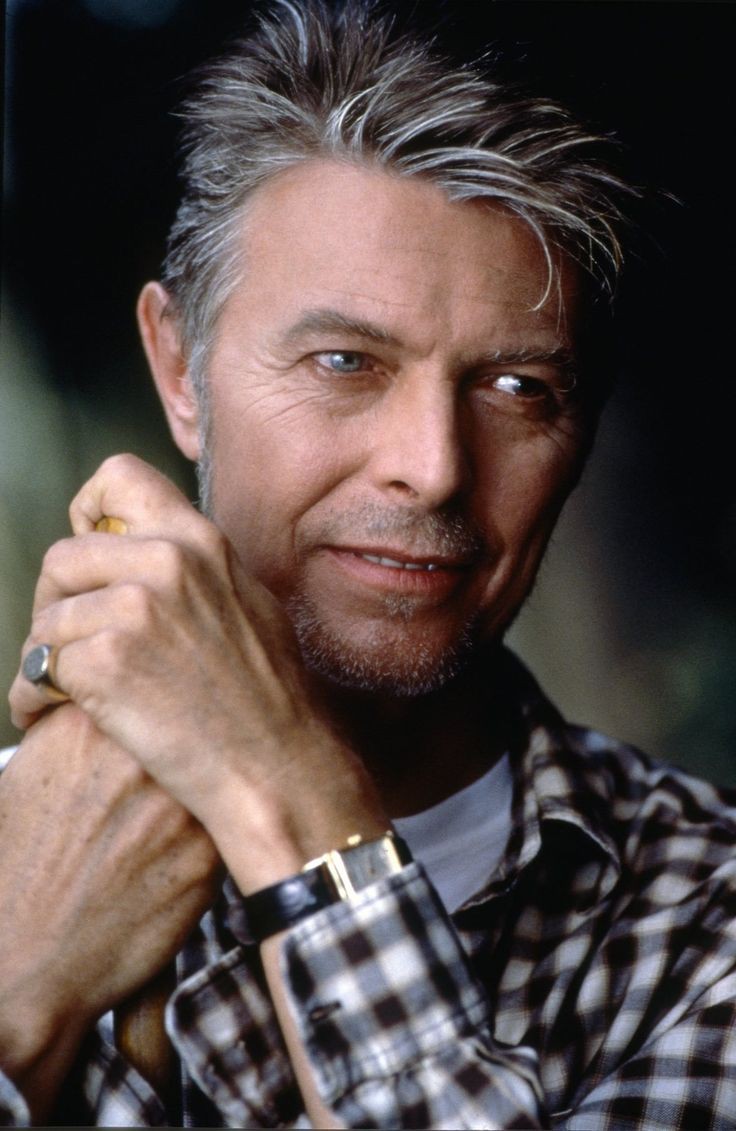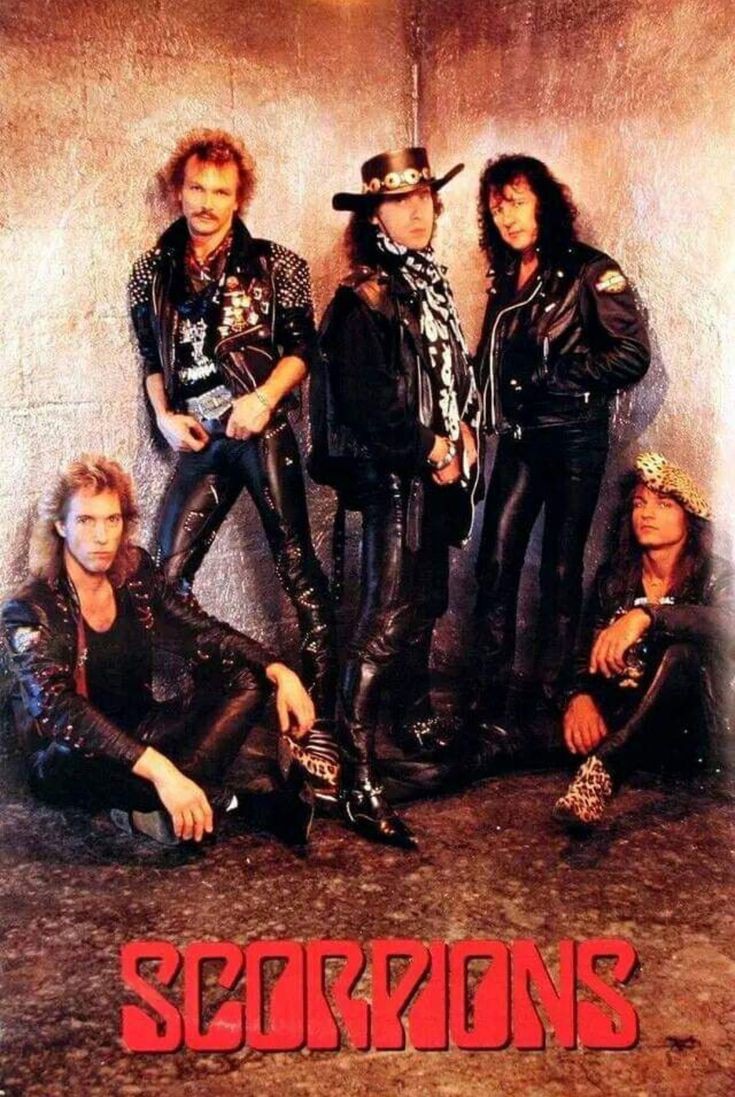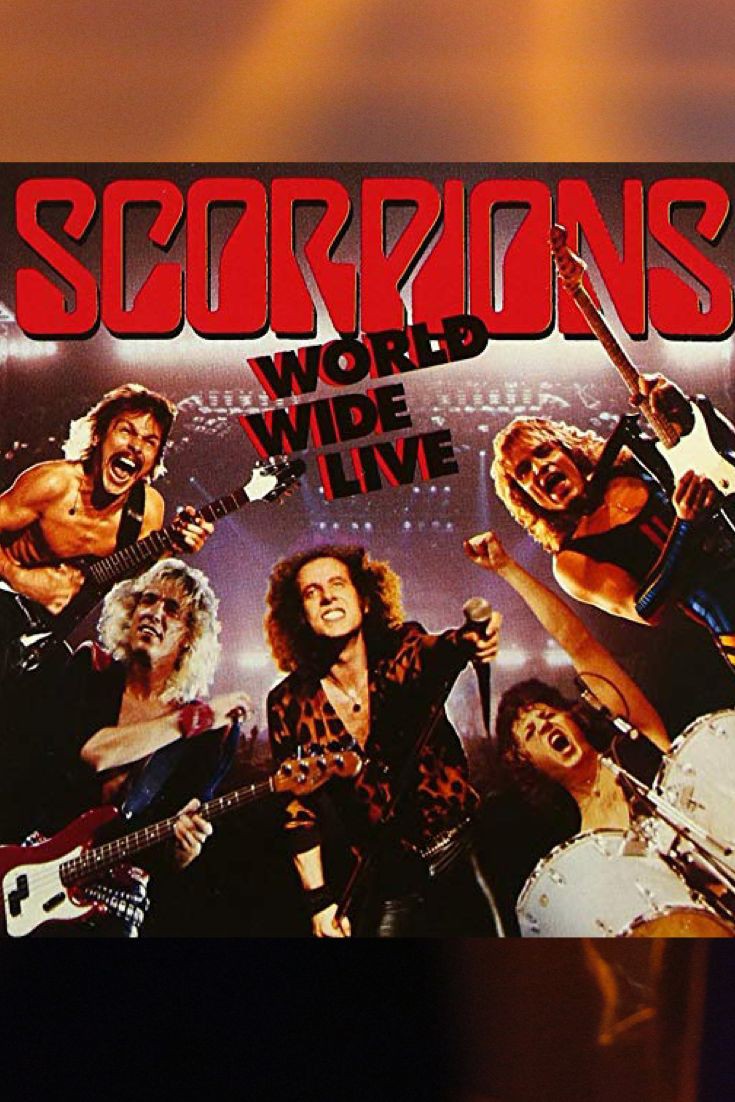In a move that has sent shockwaves through the music world, the legendary rock band GOOD has reportedly agreed to offer a whopping $70 million to find a way to replace the irreplaceable: David Bowie. The bold and ambitious move comes as the band seeks to tap into Bowie’s massive cultural and musical influence, marking a fascinating chapter in the ongoing evolution of rock music and the legacy of one of its most iconic figures.
The news of the agreement, confirmed by multiple sources close to the band, has sparked intense debate across the music industry, raising questions about how one can ever “replace” an artist as innovative and transformative as Bowie. The announcement comes as part of GOOD’s new strategy to refresh their sound and image, a strategy that evidently includes drawing inspiration from the groundbreaking artistry of Bowie himself.
The Legacy of David Bowie
Before delving into the implications of GOOD’s offer, it’s crucial to reflect on the legacy of David Bowie. Known for his chameleon-like ability to reinvent himself, Bowie pushed the boundaries of music, fashion, and art in ways that few could ever hope to replicate. From his early glam rock days as Ziggy Stardust to his later explorations into electronic and ambient music, Bowie continually shattered conventions, inspiring countless artists in the process. His influence spanned genres, and his impact on both popular culture and the music industry is immeasurable.
Bowie’s death in 2016 left a void that many believed could never be filled. While his music continues to resonate with fans around the world, there’s always been an underlying desire to see his influence live on in new ways. For many artists and musicians, Bowie’s ability to reinvent and remain relevant throughout his career is a model to aspire to, and GOOD’s recent move to offer $70 million reflects just how deeply the desire to capture some of that magic runs.
Who Is GOOD, and Why This Offer?
GOOD, a rock band with a sizable following, has long been known for their innovative sound and progressive approach to music. While they’ve never quite reached the universal fame of legends like Bowie, the band has a dedicated fan base and a reputation for musical experimentation. The group’s decision to offer such a vast sum to “replace” Bowie is certainly a statement, but the reasoning behind it seems to be a combination of ambition, innovation, and the desire to take their music to new heights.
The band’s lead guitarist, Michael Stevens, spoke publicly about the offer in a recent interview, saying, “We believe that music has always been about pushing boundaries, and Bowie was the epitome of that. We want to honor his legacy and continue to break new ground in ways that pay homage to what he did. $70 million is a symbol of how serious we are about this.” Stevens also noted that the offer wasn’t about replacing Bowie in the literal sense but rather about bringing a new energy and vision to their sound inspired by his trailblazing spirit.
The bold offer is seen as part of the band’s larger strategy to reinvent their image and sound. Over the past few years, GOOD has been experimenting with new genres, including electronic rock and synth-pop, both of which were areas where Bowie made significant contributions. With this substantial financial offer, GOOD is positioning themselves to attract the brightest minds in the music industry who can help them infuse their sound with the essence of Bowie’s innovation.
What Does “Replacing” Bowie Really Mean?
The concept of “replacing” David Bowie is a loaded one. No single artist could ever replicate the uniqueness of Bowie’s contributions to music and culture, and this makes GOOD’s decision all the more complex. Rather than focusing on a literal replacement, the band seems to be aiming at something broader: an attempt to channel the spirit of innovation and boundary-pushing that Bowie embodied.
For GOOD, this move might be seen as an attempt to achieve a cultural reset, reviving some of the eclecticism and artistic courage that Bowie stood for. Whether they plan to bring in a new band member to play a similar role to Bowie’s, or whether this involves collaborating with modern artists who have a similar avant-garde approach to music, the implications of the $70 million offer are vast.
Industry experts have suggested that this move could be indicative of a growing trend in music where established artists or groups are looking to reinvent themselves by drawing inspiration from the past while creating something entirely new. It’s not uncommon for modern musicians to pay tribute to their influences, but GOOD’s financial commitment makes it clear they’re serious about making a meaningful impact with this reimagining.



